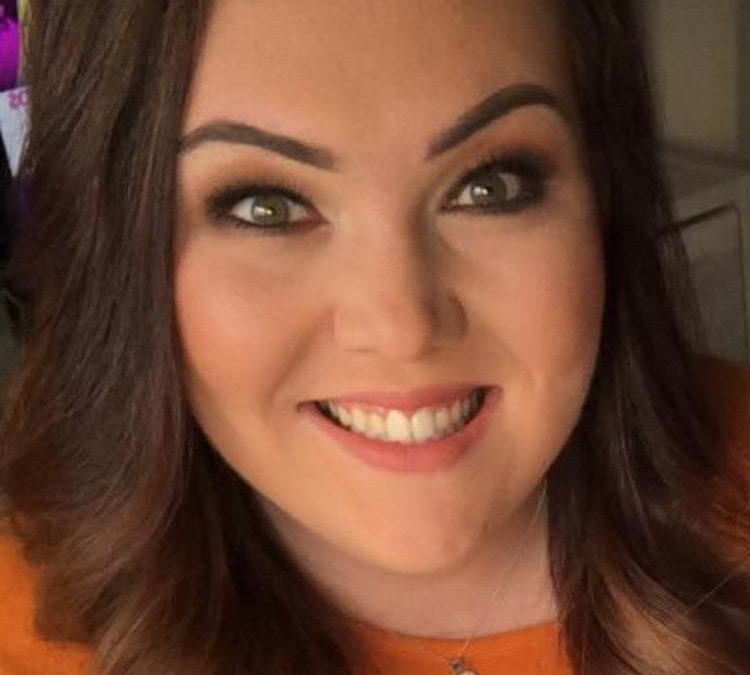I have had the privilege of sitting on the Management Group since early 2021, in the midst of the latest lockdown. Despite the whirlwind of the last 18 months, Each and Every Child like all of us, has powered on, committed to delivering change in spite of this new predominantly online world.
Stigma and a lack of understanding are issues that have faced the care experienced community for many years. We have each played our part in fighting it; we have seen campaigns, changes in language, heard from the Independent Care Review and many others about the need for better awareness and education around care experience. Each and Every Child is the first initiative of its kind, with a dedicated team, management group and group of consultants with lived experience whose sole focus is on reframing the language and misconceptions that stubbornly exist around what it means to be in care.
Being part of the Management Group is an opportunity for me to play a small part in a huge change. Having personal experience of being in care myself, I have witnessed first-hand the comments, opinions and beliefs that people inaccurately hold about those in the care experienced community. Demanding change is no longer enough, our Right, yes, but not enough. To really change the way in which the care experienced community is viewed, we need to flip some of our thinking on its head. Reframing work with the media, general public and even ourselves is crucial, to help us think about the language that we use and the unconscious cognitive dissonance we have around care experience.
It is never easy to realise that some of our practice hasn’t been the best. There have been multiple times throughout my own Each and Every Child journey that I have struggled with the realisation that at times I have been a part of the problem. I haven’t given context when I needed to, unintentionally added to the stigma when I have been wanting to do the opposite and occasionally shared my story in a way which wasn’t framed right. Making mistakes doesn’t mean we aren’t good people, good practitioners; good practitioners are able to reflect on their practice and be open to thinking, speaking, and acting in different ways. Reframing research alongside Each and Every Child are giving us the tools and training we need to be able to challenge ourselves and deepen our knowledge and understanding of what it truly means to be care experienced.
My hope for Each and Every Child is that it unites us – the biggest risk we face is seeing this as an ‘us and them’, the sector vs the general public. We are all the general public – professionals, non-professionals, care experienced and non-care experienced people alike. This is an opportunity for us all to come together, challenge our own thinking and language and work together as a nation to change things for the better. For Each and Every Child.
Rosie Moore


Recent Comments